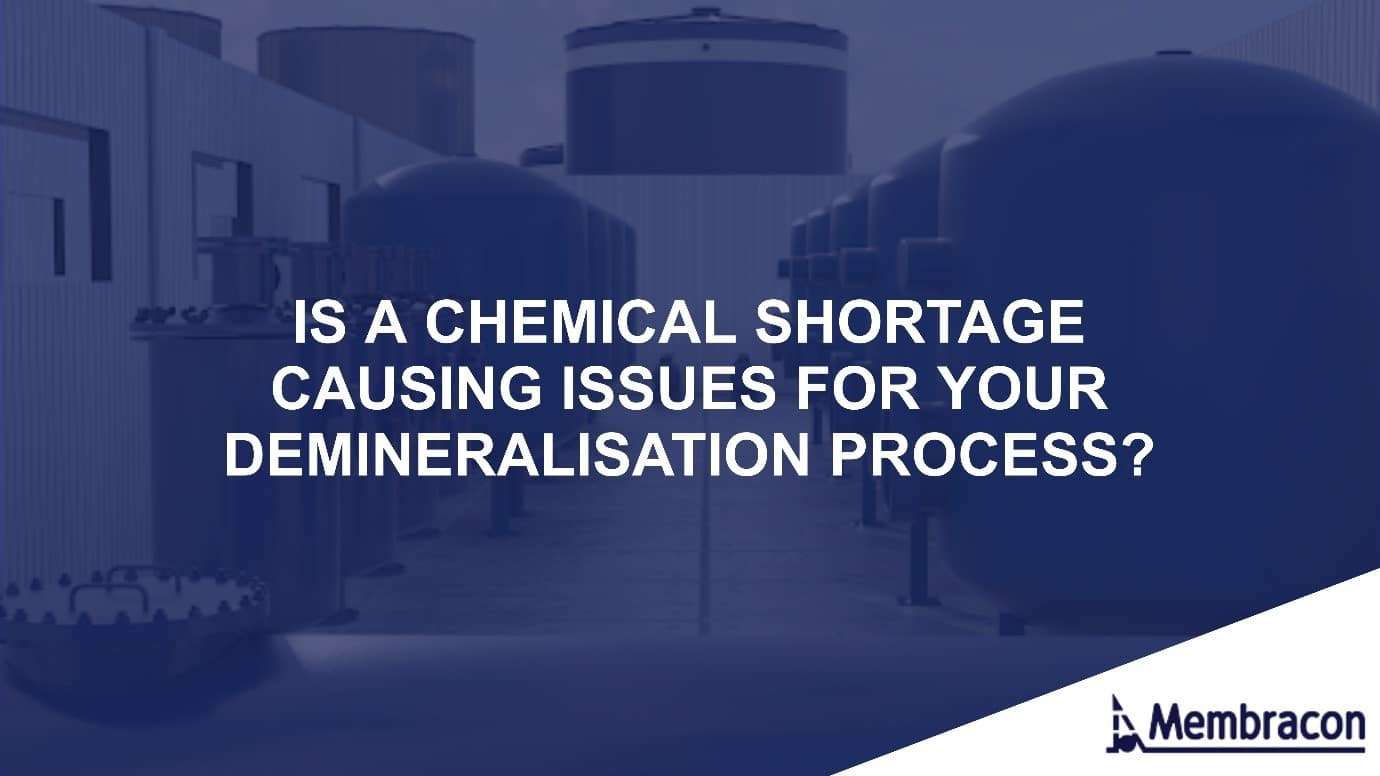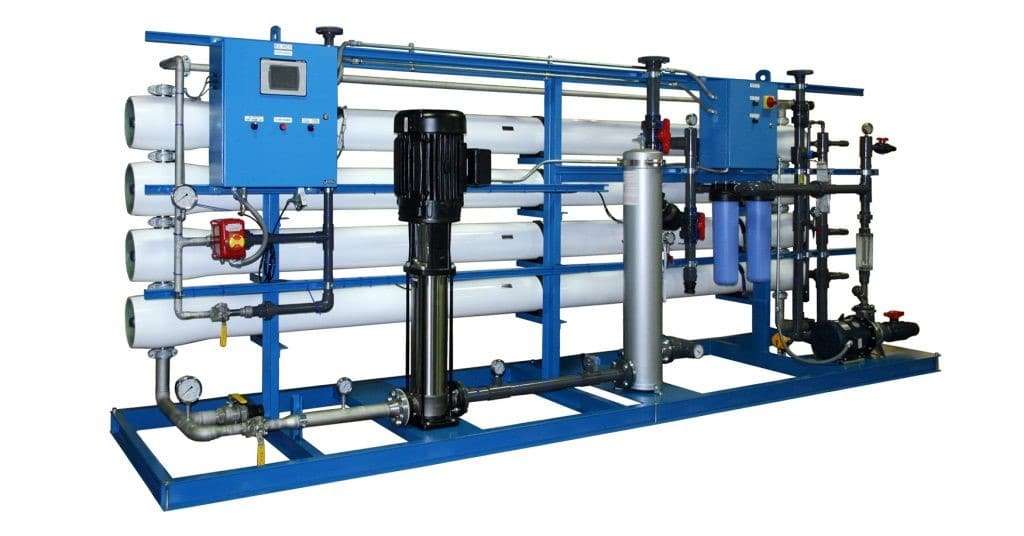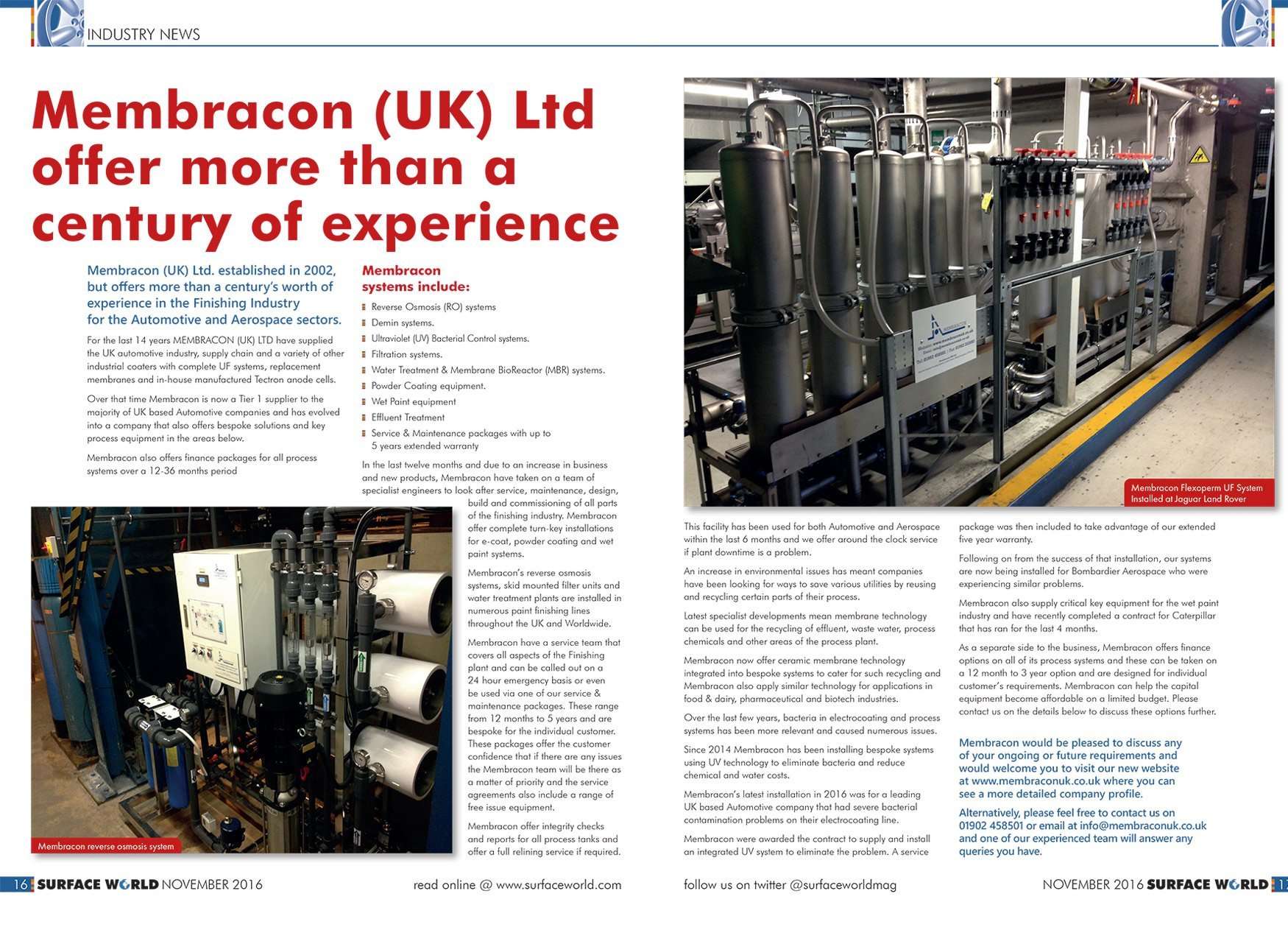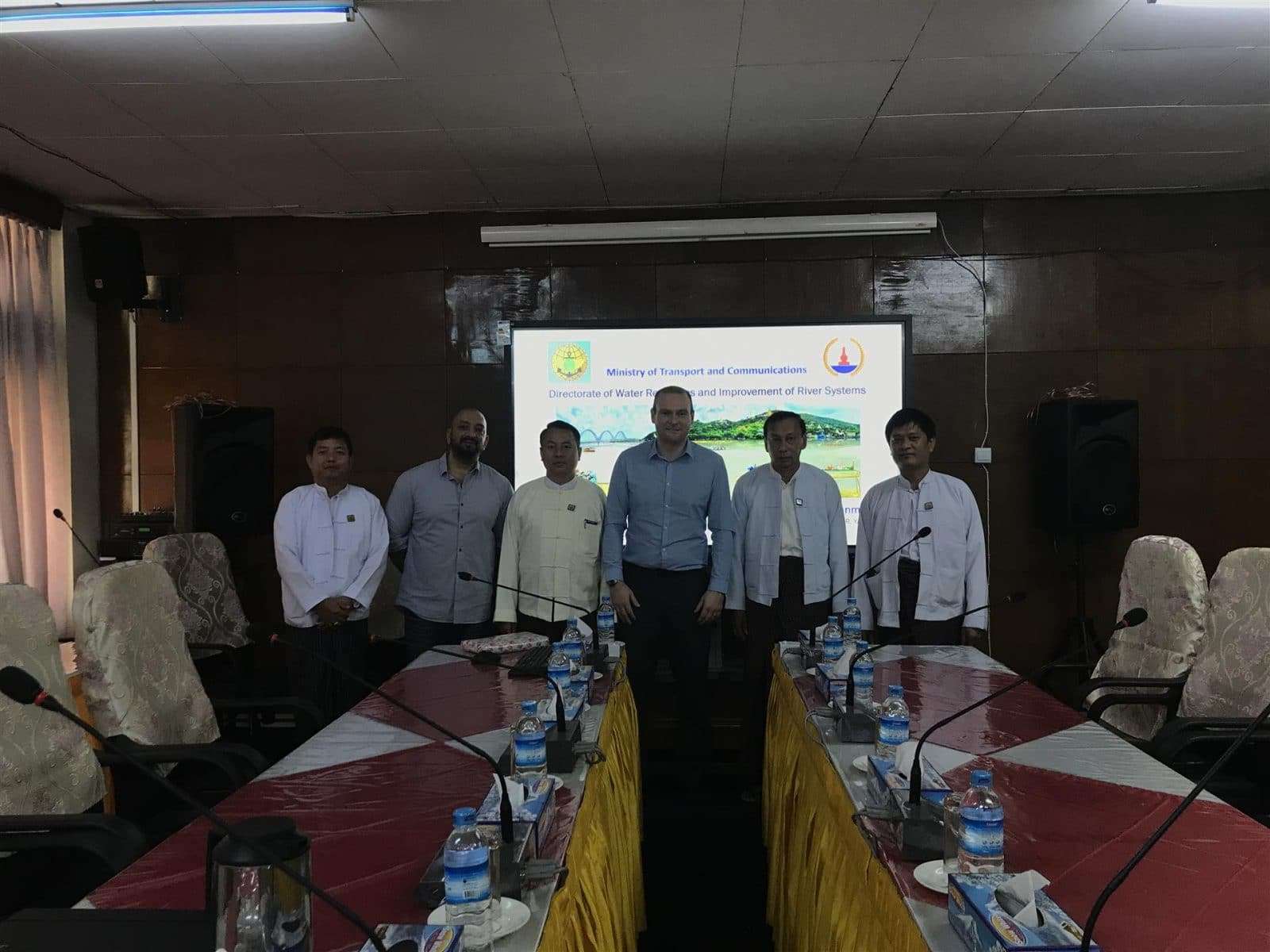
Is a chemical shortage causing issues for your demineralisation process?
Industrial Pre treatment Processes across the UK are facing a chemical supply problem, brought about by an industry shortage as a result of the coronavirus pandemic.
This got us thinking – how many water treatment plants out there are struggling to source the chemicals they need for their production, and what is the alternative?
The answer: more than likely, the majority would be facing the issue and reverse osmosis could be the solution.
As you may know, demineralisation is a type of water purification, that is used in these processes. Demin systems remove dissolved solids from water. Demineralisation is effective at removing minerals from water, but it has a downside, and that is that chemicals are required for the process.
The reliance on chemicals for demineralisation puts companies in a potentially vulnerable position whenever there is a supply problem. The coronavirus pandemic has increased the demand for chemicals and many water treatment plants are struggling to get what they need. This has put a strain on the water treatment industry, and we have seen an acceleration in demand for water treatment systems that require no chemicals as a result

Banishing chemicals for good
The leading technology that delivers chemical-free pure water is Reverse Osmosis.
RO systems require no chemicals, and they are capable of removing minerals with even greater efficiency than those that use chemicals.
RO can be used for production of pure water for any process. It has numerous benefits, including the following:
- It’s chemical-free production
- Environmentally-friendly
- Reduced footprint area
- Reduced maintenance operation
- It can achieve precise water specifications
- No loss of production for regeneration
We are not saying that chemical demineralisation is bad – but we are saying that there are better solutions available today.
Reverse osmosis is a more sustainable and green way to purify water. It is used widely within the automotive and aerospace industries to make purified water for the process, ensuring a quality product.
Embracing a more efficient demin system
Chemical processing to purify water is nothing new. It can be traced back to 1902 when calcium hypochlorite (chlorine) and ferric chloride were used to disinfect water in Belgium. We still use chlorine today in swimming pools.
In water treatment plants around the world, chemicals have been used for decades to remove dissolved solids and minerals and also treat bacteria, which can now be achieve using Ultraviolet.
The common process used is ion exchange, where the chemicals used would be Hydrochloric Acid and Caustic Soda, in saturated resin beds.
There are several downsides to using chemicals for producing pure water. To name a few:
- Chemicals are not always readily available
- Expensive operating costs
- Hazardous Chemicals are required
- Handling chemicals requires specialist training
- Chemical discharge is bad for the environment
- Chemicals cause corrosion and the systems that use them require more maintenance than those which don’t.
Reverse osmosis offers a more efficient, more sustainable and more reliable way to produce pure water. The benefits of using RO systems are substantial which is why so many are embracing this technology and achieving a more efficient process.
You can find out more about our reverse osmosis systems here. To make your upgrade easier we offer finance flexibility packages lease and hire systems and full service & maintenance contracts.












